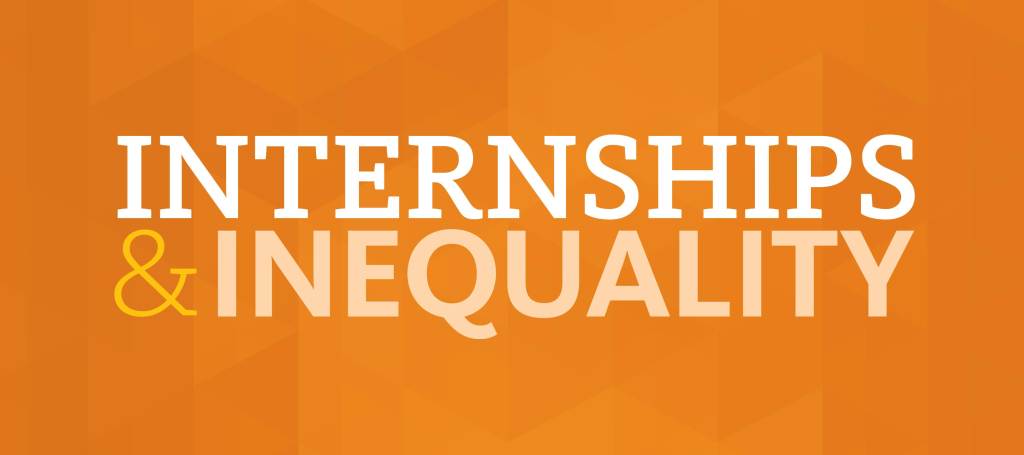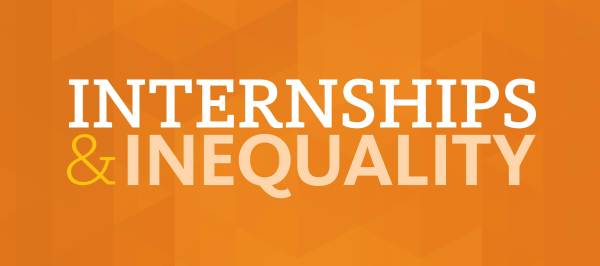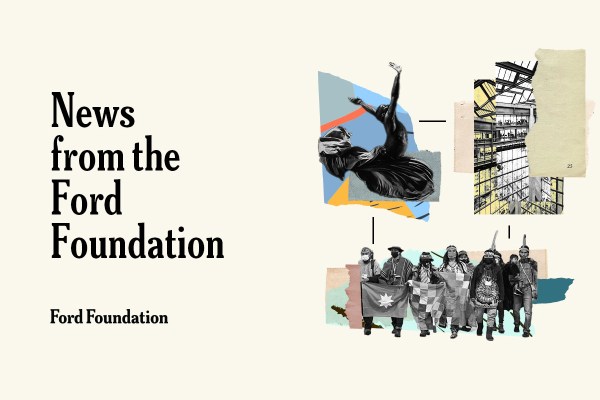
As I read Darren Walker’s New York Times op-ed while sitting at my desk at the Ford Foundation, I thought about the path that had led me to landing the “dream internship”—and guiltily, of my many friends and family members who didn’t have an opportunity like this. The path to my success—academically, professionally, and economically—was entirely the product of the opportunities I had and the social and professional capital I gained through them. Although many doors have opened for me, I know there are many closed ones that block other unrepresented students like myself.
I spent my middle school summer and winter breaks working alongside my father, an immigrant from the Dominican Republic, in a series of local businesses he managed. We worked in a bodega, then a restaurant, then on home renovations. Despite having to sacrifice summer fun with my friends, I got an education in how to maneuver through the workforce. That experience helped me mature and motivated me to strive in my studies.
When I landed a spot at Murry Bergtraum High School for Business Careers (MBHS) in 2010, my childhood interest in video games made me eager to pursue computer science. But when I arrived the program was cut, and I was introduced to the reality of the American public school system. The New York City media dubbed the school the “Halls of Hell” for our constant fighting, unstable leadership, poor test scores, and hallway rioting. While I am thankful for my experiences at MBHS, my time there diminished my hope, ambition, and readiness to succeed. Fortunately, I was enrolled in the Sponsors for Educational Opportunity (SEO) program my freshman year.
SEO, an educational nonprofit that helps low-income students get to and through college, was an integral part of helping me understand how to pursue success. In that program, I learned how to tie a tie, while my childhood and high school friends learned to roll a blunt. Because of the network, professional development, and academic and personal guidance SEO offered, I went on to discover my passion for social justice by going abroad. I received one of the nation’s best scholarships, attended a prestigious university, and have now landed an incredible internship.
I share my story with you in the hope of conveying one message: Opportunities generate success. If I had not had the help of amazing programs like SEO, I would be in the same shoes as many of my closest friends. I would be stuck.
Internships help disadvantaged students tap into the advantages that so many of their peers already have. When it comes to making these opportunities available to more people, the first step is to make them paid opportunities. To compensate for the increasingly high cost of college, and lack of social and professional capital in their own lives (along with the need to contribute to their siblings’ education, or compensate for health issues that prevent their parents from working, and the other expenses of being a young adult), many students take jobs in summer camps, restaurants, bars, retail, and construction instead of unpaid, but valuable, professional internships. While learning comes in many forms, all students should have access to the kind of learning and development that happens only through an internship.
Victor Tavarez is a rising junior at Carnegie Mellon University, majoring in international relations and politics, with a minor in business administration. This summer at Ford, he is a project management intern focused on democracy, rights, and justice.


